RUCARR Distinguished Speaker Series
Illiberal Turns and Gender Backlash: Rethinking Democratic Erosion
Andrea Petö, Professor at the Department of Gender Studies, Central European University, Vienna, Austria (Bio)
Tuesday 24 February, 17:30 – 19:00
Niagara, NI:B0E15, Nordenskiöldsgatan 1
The talk, based on the co-authored book Viktor Orbán’s Affairs with Women, offers a comprehensive analysis of Viktor Orbán’s illiberal policies on human and gender rights. It provides an accessible introduction to how the illiberal gender playbook impacts women, presenting how the government has co-opted and eroded national and international anti-discrimination and equality provisions, thereby creating an alternative to liberal values. Moreover, the talk analyses the reasons behind the decision of women to cast their votes in favor of an illiberal government that discriminates against and impoverishes them. As the Orbán government’s gender and “family-friendly policies” are the most successful illiberal soft-diplomacy product globally, this talk serves as a cautionary tale for those concerned about human rights worldwide. The talk also tells the story of how soft censorship works in Hungary in the case of this book.
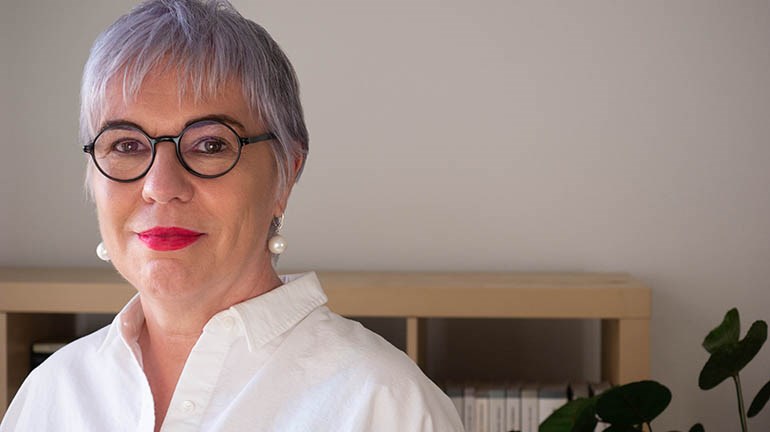



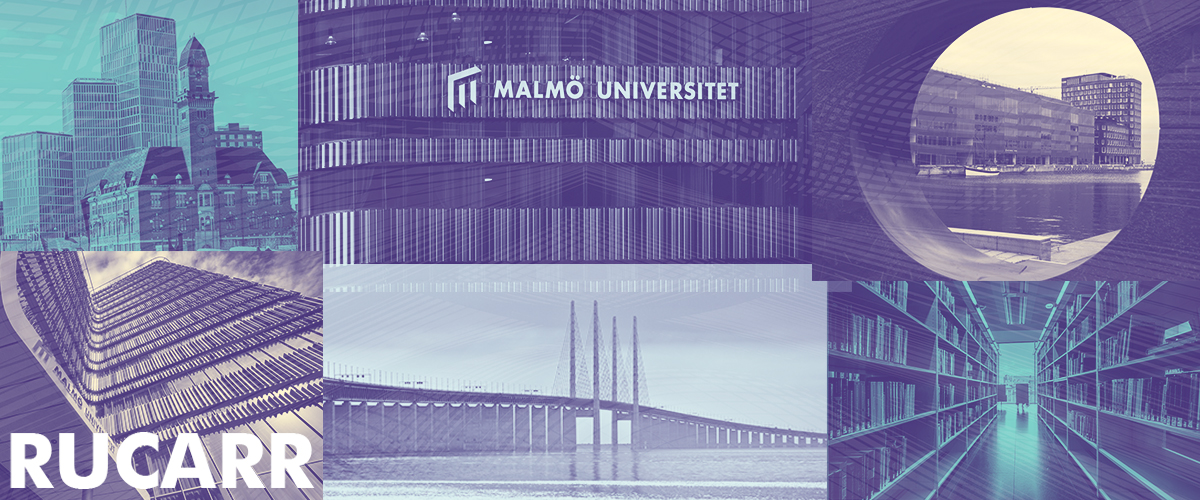
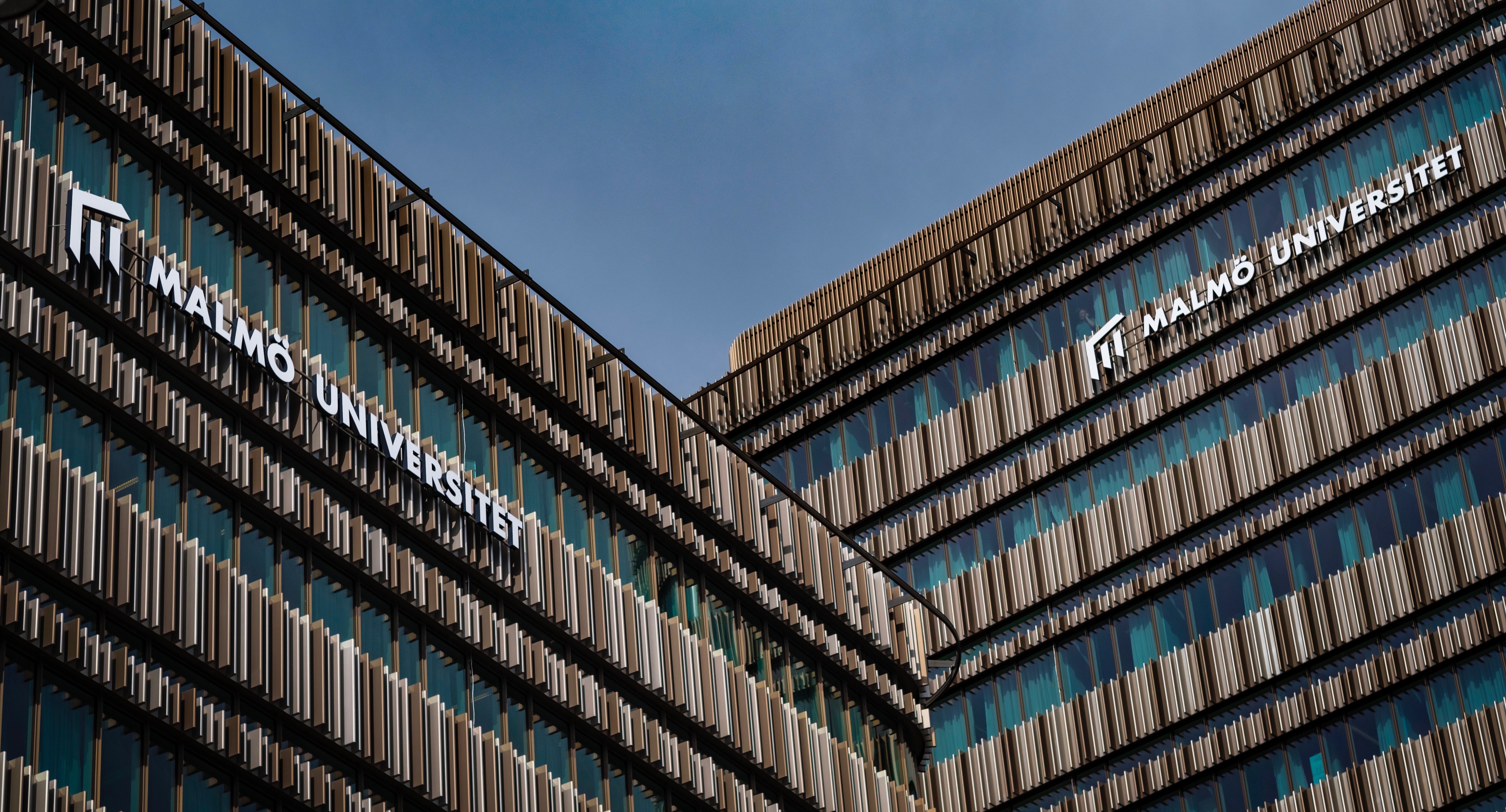

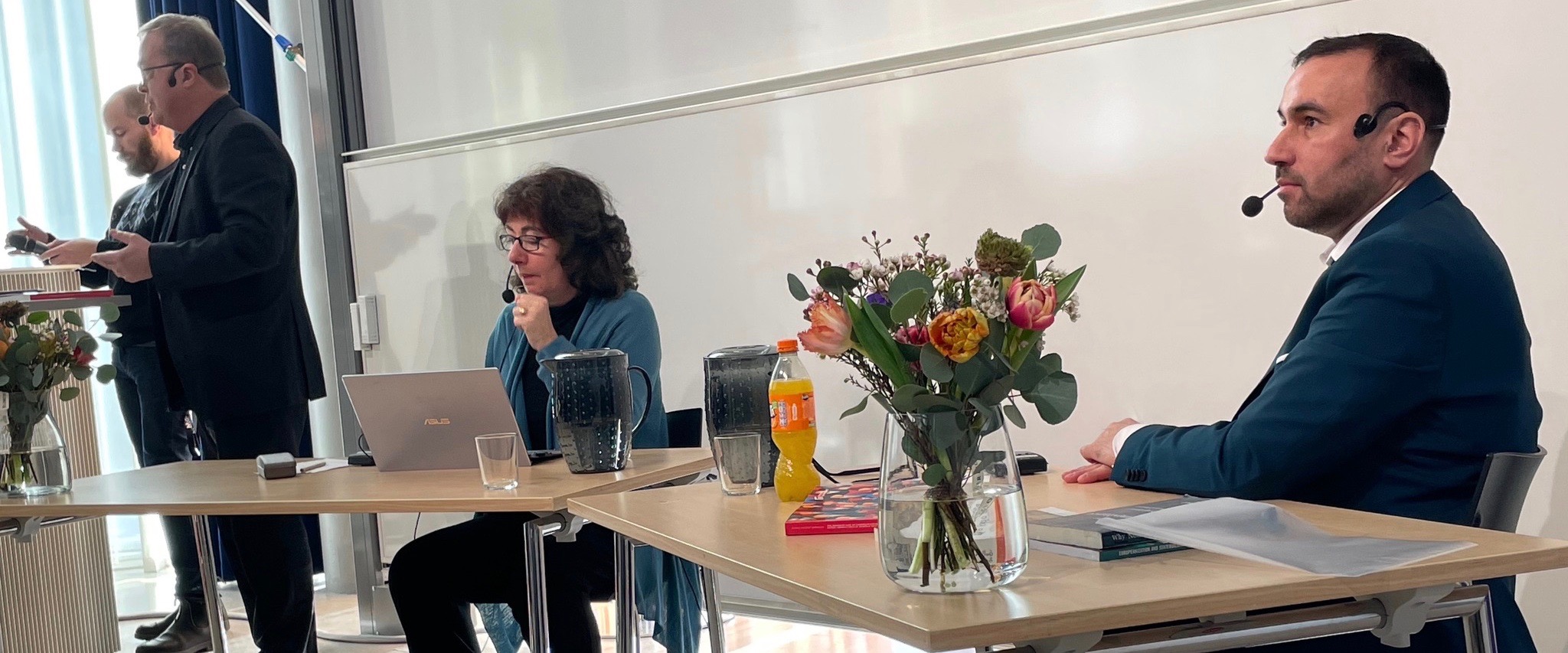
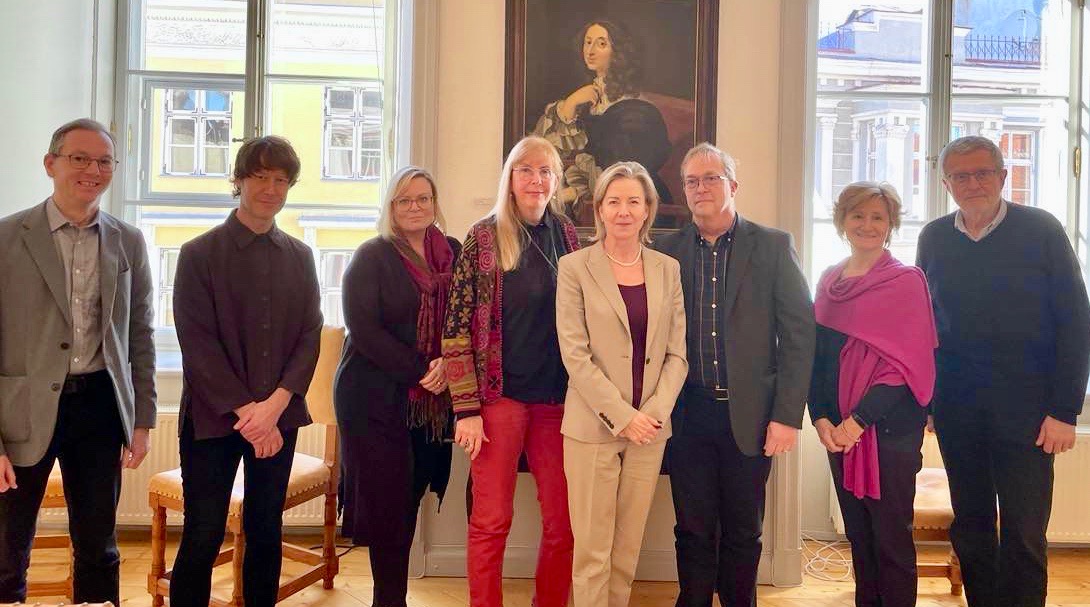
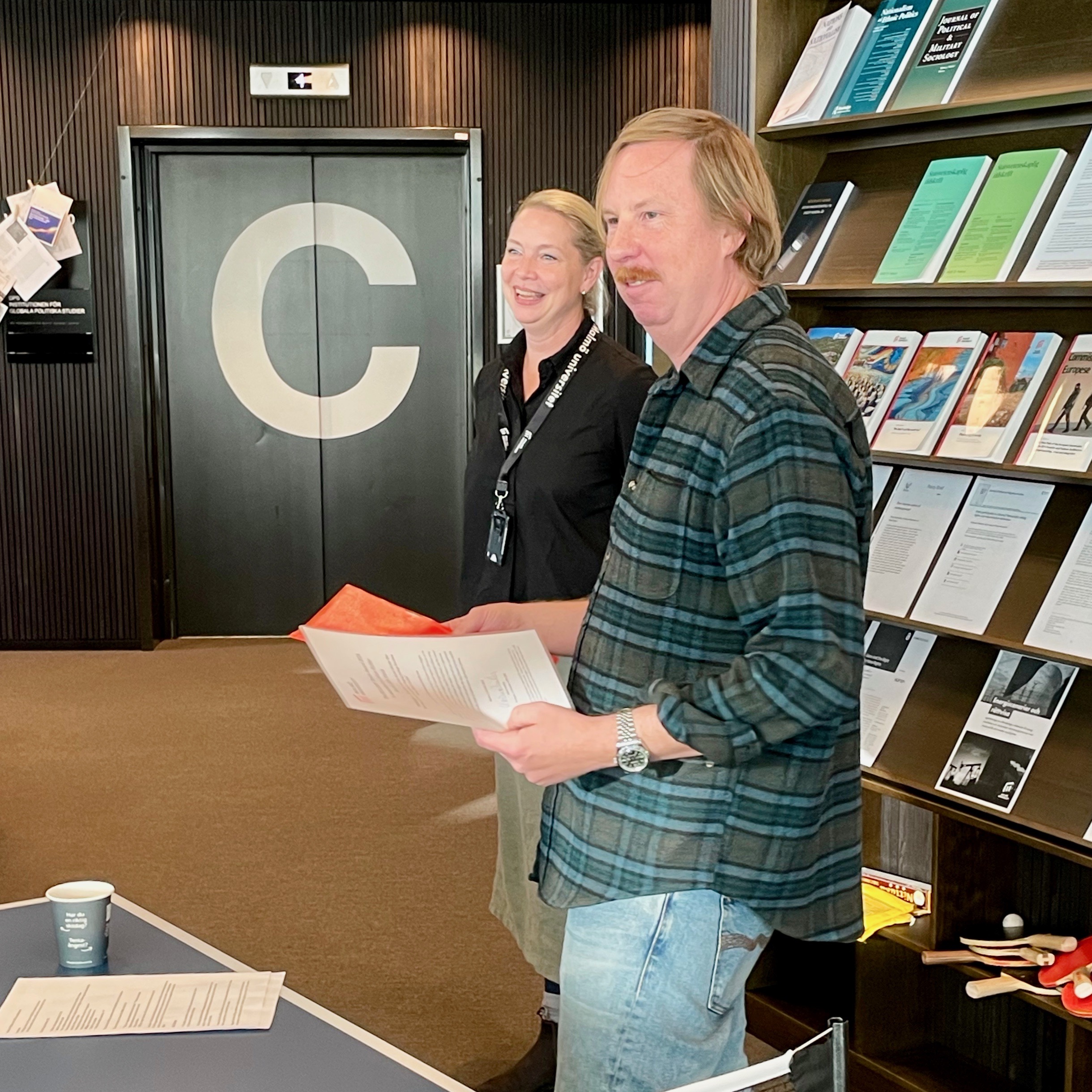
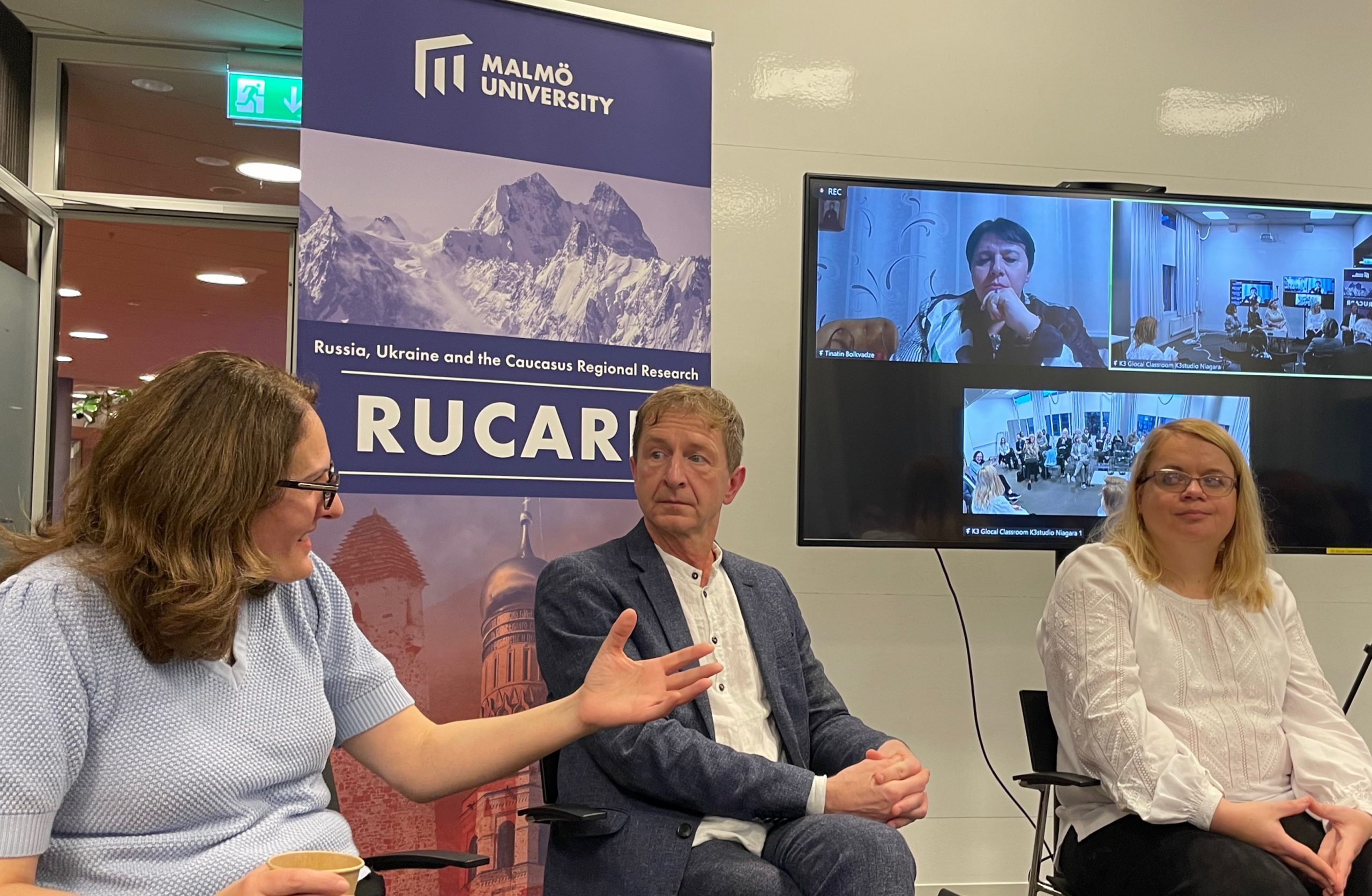
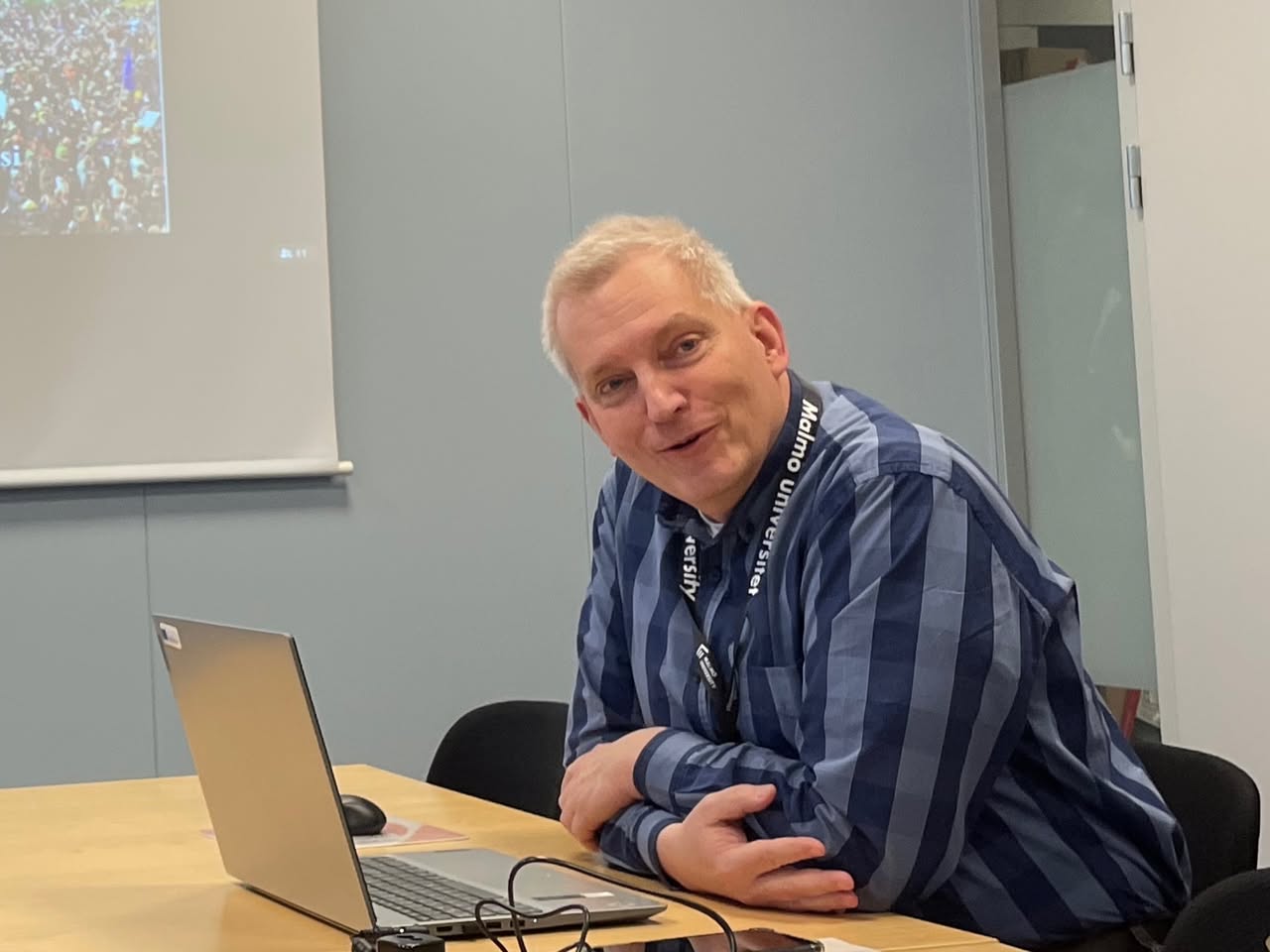
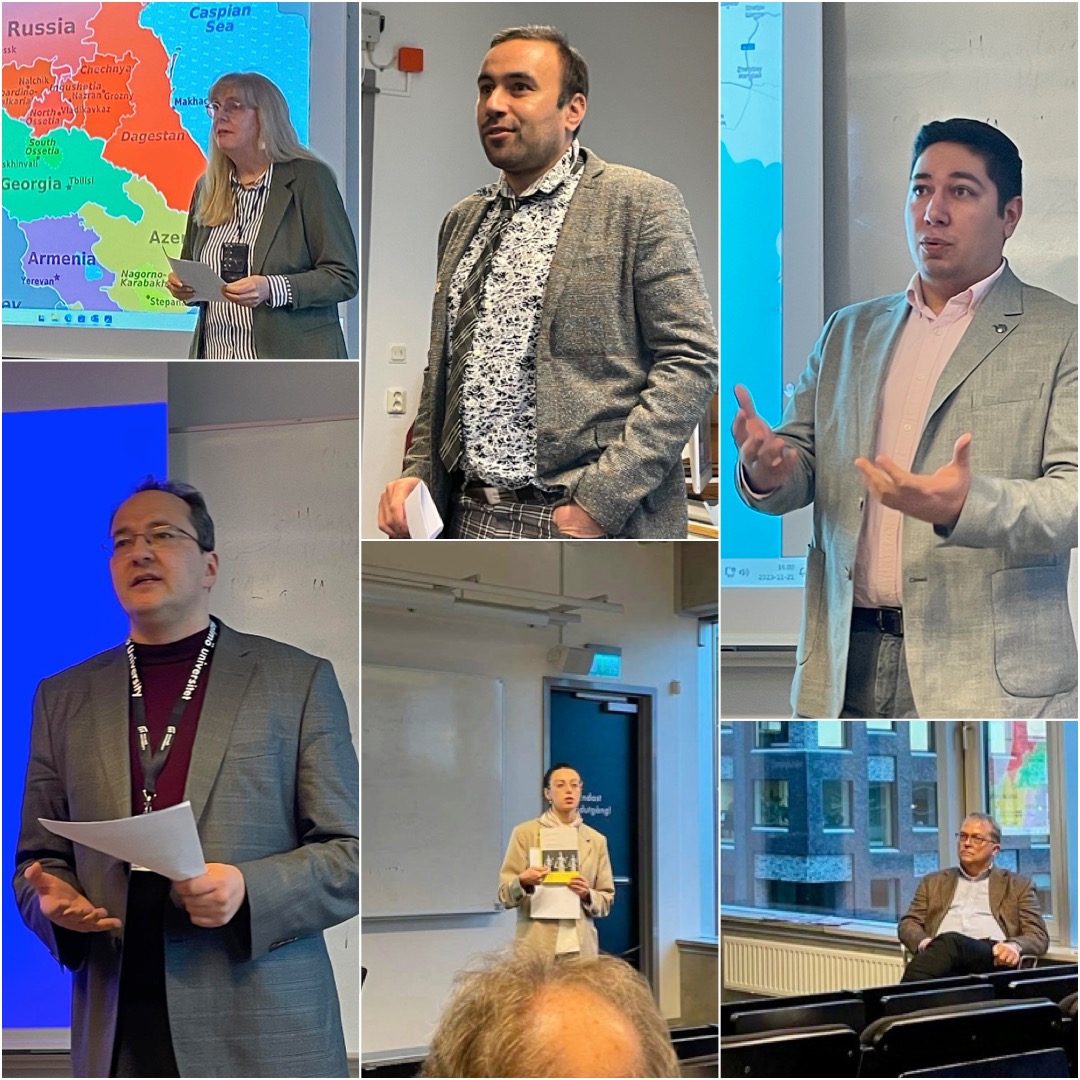
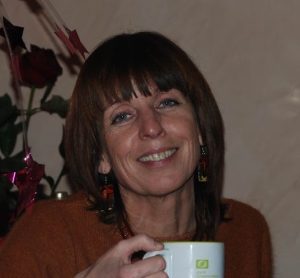
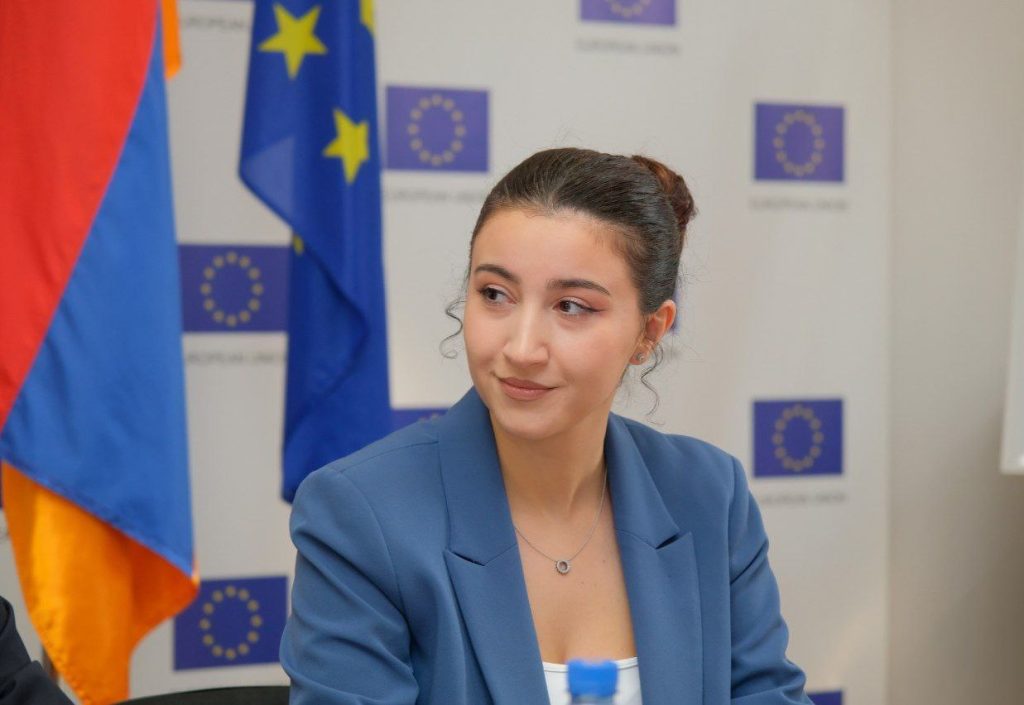
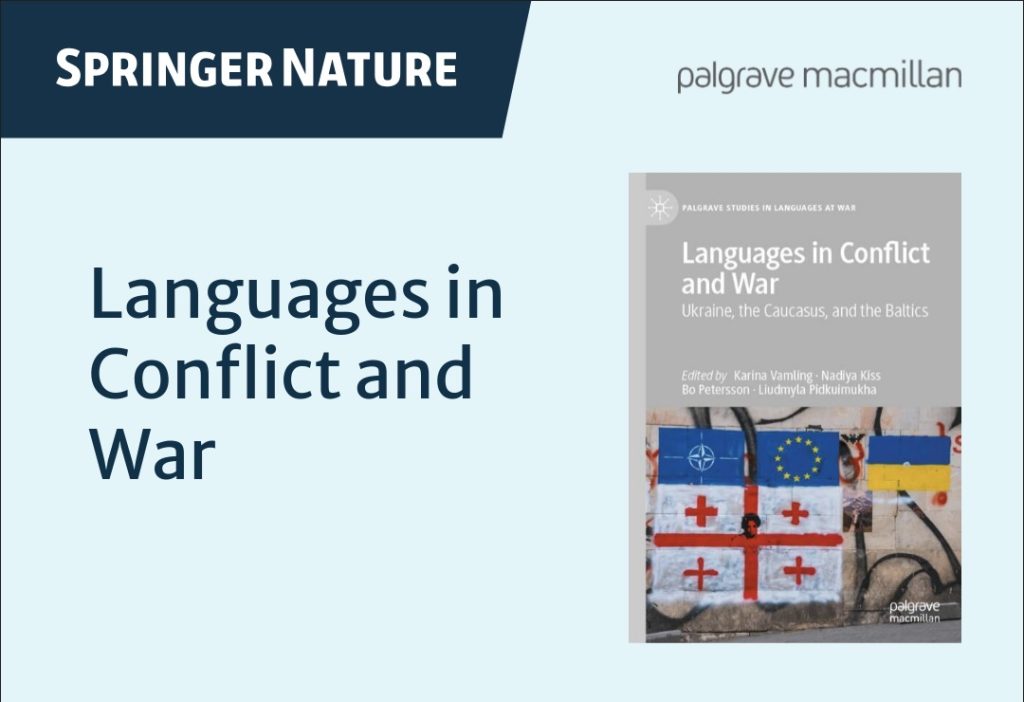 Book series:
Book series: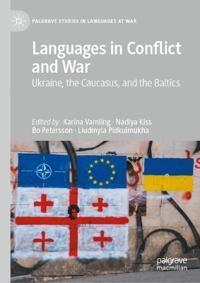 9 “It all starts in the family”: Placing Discourses on the Role of Families in Circassian Language Preservation into a Historical-Political Context. Valeriya Minakova
9 “It all starts in the family”: Placing Discourses on the Role of Families in Circassian Language Preservation into a Historical-Political Context. Valeriya Minakova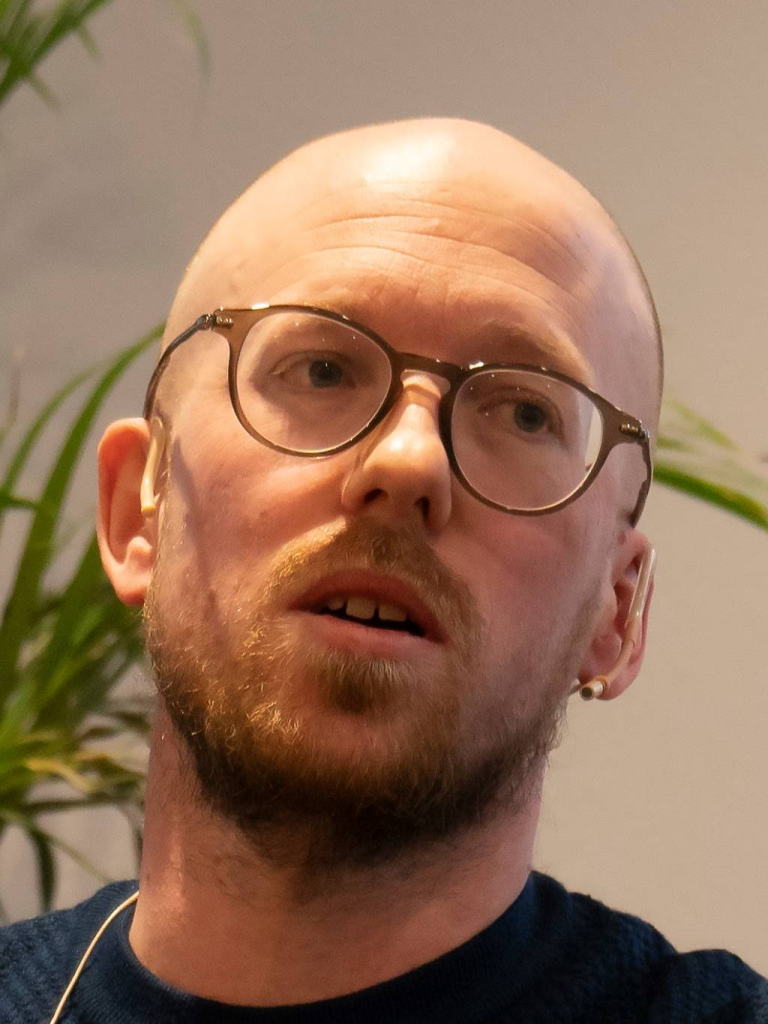 Håvard Bækken
Håvard Bækken 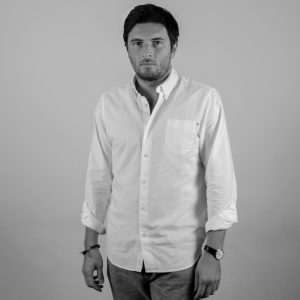
 In an era of resurgent multipolar competition, a fundamental update to our understanding of the reemerging concept of Spheres of Influence (SOIs) is needed. This analysis introduces the “Multi-Modal Sphere of Influence” (MMSOI) as a new analytical framework, positing that contemporary great powers project influence not just via coercion, but through a dynamic interplay of five modalities: military, economic, institutional, normative, and digital. This framework is used to deconstruct the intractable EU-Russia conflict in their “shared neighborhood” by bridging macro-, meso-, and case-level findings. At the macro-level, the core of the conflict is defined by different modalities of competition; this is not a symmetrical power struggle, but a structural clash between incompatible toolkits: the EU’s dominant normative, institutional, and economic modalities colliding with Russia’s reliance on its coercive-military and energy-based toolkit. This overlapping, multi-modal contestation creates, at the meso-level, a paradoxical environment for “in-between” states, granting them new avenues for hedging and agency while simultaneously exposing them to acute risks of coercion and conflict. Finally, the analysis unpacks the EU’s paradoxical role as an “antithetical actor.” While normatively rejecting SOIs, the EU’s institutional and regulatory expansion functions as a powerful, sui generis SOI-building tool, making it an unintentional geopolitical player. This synthesized approach explains the EU-Russia competition not merely as a regional dispute, but as a microcosm of 21st-century multi-modal, multipolar contestation.
In an era of resurgent multipolar competition, a fundamental update to our understanding of the reemerging concept of Spheres of Influence (SOIs) is needed. This analysis introduces the “Multi-Modal Sphere of Influence” (MMSOI) as a new analytical framework, positing that contemporary great powers project influence not just via coercion, but through a dynamic interplay of five modalities: military, economic, institutional, normative, and digital. This framework is used to deconstruct the intractable EU-Russia conflict in their “shared neighborhood” by bridging macro-, meso-, and case-level findings. At the macro-level, the core of the conflict is defined by different modalities of competition; this is not a symmetrical power struggle, but a structural clash between incompatible toolkits: the EU’s dominant normative, institutional, and economic modalities colliding with Russia’s reliance on its coercive-military and energy-based toolkit. This overlapping, multi-modal contestation creates, at the meso-level, a paradoxical environment for “in-between” states, granting them new avenues for hedging and agency while simultaneously exposing them to acute risks of coercion and conflict. Finally, the analysis unpacks the EU’s paradoxical role as an “antithetical actor.” While normatively rejecting SOIs, the EU’s institutional and regulatory expansion functions as a powerful, sui generis SOI-building tool, making it an unintentional geopolitical player. This synthesized approach explains the EU-Russia competition not merely as a regional dispute, but as a microcosm of 21st-century multi-modal, multipolar contestation.